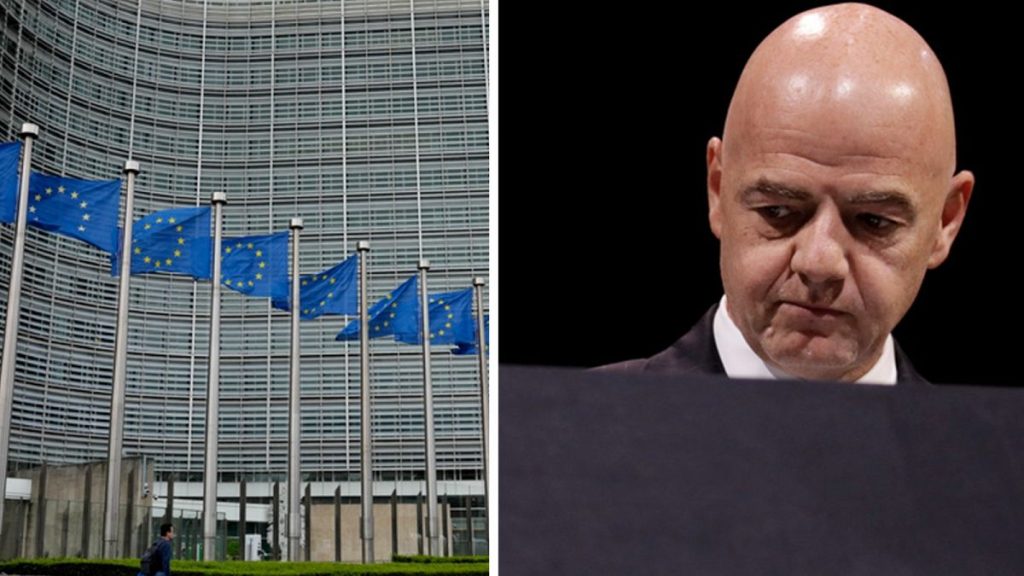European football leagues and player representatives have voiced concerns over the oversaturation of the international match calendar, which they argue is putting players’ welfare at risk. In a joint statement, European Leagues and FIFPRO Europe are filing a legal complaint with the EU Commission against FIFA, claiming that the football calendar is “unsustainable” and infringes on EU competition law. The decision to expand the FIFA World Cup to 48 teams in 2026 and introduce a 32-team Club World Cup in 2025 has heightened tensions between football leagues and FIFA, with national leagues and player unions feeling excluded from the decision-making process.
The complaint, which will be filed by European Leagues, La Liga, and FIFPRO Europe, is running parallel to separate actions initiated by individual leagues and player unions at the national level. FIFA has countered these claims, stating that the current calendar was unanimously approved following consultation with various entities, including FIFPRO and league bodies. The world football governing body accused some European leagues of acting with commercial self-interest and hypocrisy, preferring a calendar filled with friendlies and summer tours that involve global travel over prioritizing the welfare of players.
This legal battle between football leagues and FIFA follows a December ruling by the European Court of Justice that found FIFA and UEFA abused their dominant position in a case brought by clubs attempting to launch a breakaway Super League in 2021. FIFA has criticized the move by the European leagues and player representatives as hypocritical and lacking consideration for the broader global football community. The European Commission in Brussels, as the executive arm of the European Union, can intervene in allegations of breaches of competition law and will be expected to review the complaint against FIFA.
The international games and tournaments calendar managed by FIFA dictates when clubs must release their players for national team call-ups, leading to disruptions in top-tier leagues that are forced to shut down their weekend programs for national team fixtures. These leagues have argued that they were not fully consulted on the latest version of the calendar, which extends until 2030. The battle over the football calendar reflects a larger struggle for power and control within the sport, as different entities vie for influence and representation in decision-making processes that impact the future of football at both the international and domestic levels.
The European Commission’s response to the legal complaint against FIFA will be closely watched, as it could have far-reaching implications for the governance of football in Europe and beyond. The outcome of this dispute may shape the future of the international match calendar and the relationship between football leagues, player unions, and FIFA. The debate over the sustainability and fairness of the football calendar highlights the complex dynamics at play in the world of professional football, where competing interests and values clash in a struggle for control and influence over the sport’s future direction.













